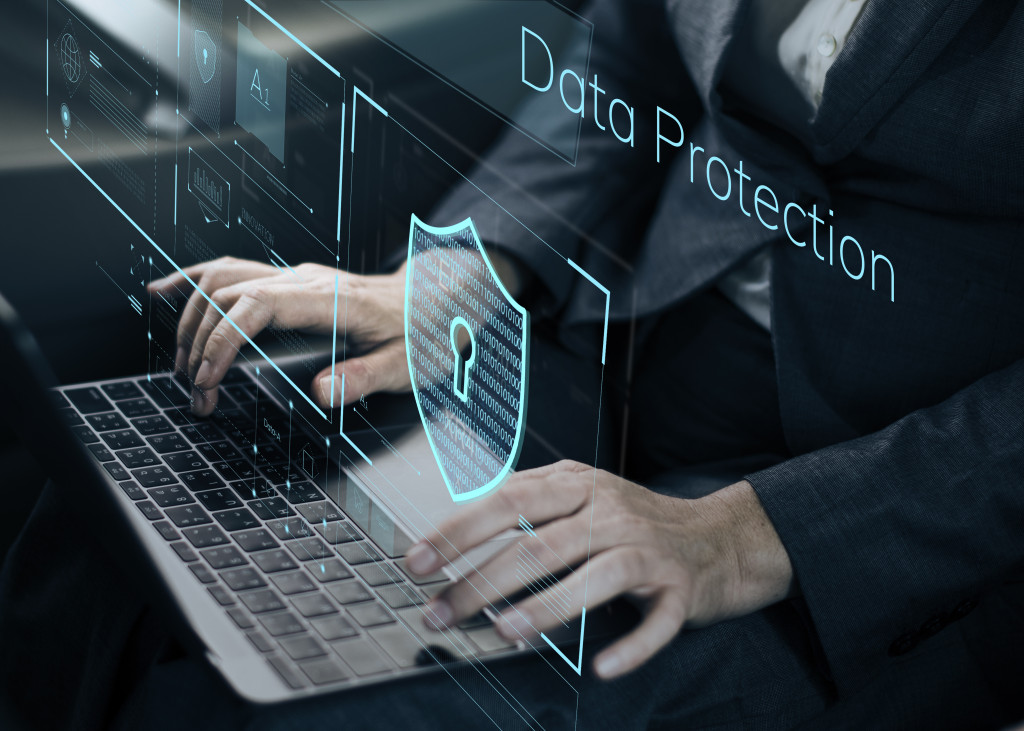Being a small business owner comes with a lot of responsibility. Not only do you have to manage your employees, but you also have to keep track of inventory and other aspects of the business. And in today’s digital age, much of that information is stored online. That’s why it’s essential to ensure that your data entry is secure. Here are a few tips to help you out.
Consider call center services

Call center services can provide an ideal solution for small businesses that need to outsource data entry. Call centers have experience working with sensitive data, and they typically have robust security protocols in place to protect it.
Although you may opt to provide training to your contact center team from reputable call center associations, getting call center services are often more affordable than hiring in-house staff for data entry.
When you are looking for a call center service, there are a few things you should keep in mind to ensure you are getting the right one for your business.
Always consider the size of the company and the volume of calls they typically receive. You will want to ensure the call center can handle the volume of calls you anticipate. Look at the type of calls they typically receive. Ensure the call center is equipped to handle the types of calls you anticipate.
Additionally, consider the location of the call center. You will want to make sure it is conveniently located for your customers. Finally, consider the cost of the service. You will want to make sure it is within your budget.
Use a secure server
As a small business owner, you have a lot of essential data to keep track of, from customer information to inventory levels. And unless you want that data to fall into the wrong hands, it’s essential to use a secure server.
A secure server is a computer that is specifically designed to store and protect sensitive data. By using one, you can rest assured that your data will be safe from hackers and other cybercriminals. A secure server not only helps to prevent data breaches but also if your computer is lost or stolen.
There are a few things you can do to ensure that your server is secure. First, make sure that the server is password protected. This will help to prevent unauthorized access to the data on the server.
Second, ensure that the server is up-to-date with the latest security patches. Third, use a firewall to protect the server from online threats. And finally, regularly back up the data on the server. This will help to ensure that if something happens to the server, your data will still be safe.
Use strong passwords
Small businesses have a big responsibility when it comes to protecting customer data. In the age of hackers and cybercrime, it’s essential to have strong passwords in place to ensure secure data entry. By doing so, you can help to ensure that your data is safe from hackers and other cybercriminals. In addition, you can help to prevent data breaches if your computer is lost or stolen.
What makes a password strong? First, it should be long enough to make it difficult for hackers to guess. Second, it should combine upper and lowercase letters, numbers, and symbols. And third, it shouldn’t be something that can easily be guessed, like a birthday or a pet’s name.
Additionally, you should never use the same password for multiple accounts. If a hacker were to gain access to one of your accounts, they would then have access to all of them. Therefore, it’s important to have different passwords for each of your accounts.
Use two-factor authentication
For many small businesses, data entry is a critical part of daily operations. Whether it’s customer information, inventory levels, or financial records, accurate data is essential to keeping the business running smoothly. However, data entry is also one of the most vulnerable points in any organization’s security system. it is often not given the same level of attention as other areas of security, yet it is just as important. Fortunately, there are steps that businesses can take to ensure secure data entry, such as using two-factor authentication.
Two-factor authentication requires users to provide two forms of identification before they can access data. This could include a password and a physical token, or a biometric identifier like a fingerprint or iris scan. By adding an extra layer of security, businesses can make it much harder for unauthorized individuals to access sensitive information. In addition, two-factor authentication can also help to prevent accidental data entry mistakes, which can be just as damaging as deliberate attacks.
Data entry is an essential part of running a small business—but it’s also crucial to ensure that your data is secure. By following these tips, you can rest assured knowing that your information is safe and sound.

